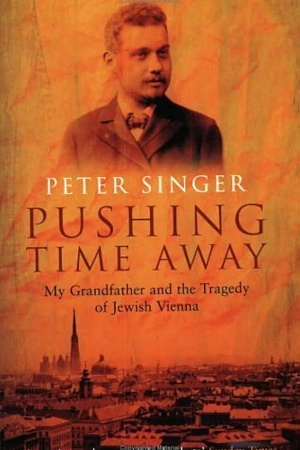Aviva Tuffield reviews 'The Truth about My Fathers' by Gaby Naher, 'I’m Hungry, Daddy' by Cliff Nichols, and 'The Bean Patch' by Shirley Painter
These three memoirs share central focus on fathers: Gaby Naher’s is a meditation on fatherhood, Shirley Painter’s is about surviving an abusive one, while Cliff Nichols’s relates his life as an alcoholic and unreliable parent. They are also all part of the current flood of life-writing appearing from Australian publishing houses. Drusilla Modjeska, writing recently about the failings of contemporary fiction, argued that creative writing courses since the 1980s have produced a spate of postmodern first novels that were ‘tricksy and insubstantial’, deconstructing narrative at the expense of well-developed plots and characters. These courses may also account for much of the current memoir boom, feeding the demands of our voyeuristic culture. But publishers have a responsibility to readers to tame the genre’s self-revelatory excesses.
Continue reading for only $10 per month. Subscribe and gain full access to Australian Book Review. Already a subscriber? Sign in. If you need assistance, feel free to contact us.











Leave a comment
If you are an ABR subscriber, you will need to sign in to post a comment.
If you have forgotten your sign in details, or if you receive an error message when trying to submit your comment, please email your comment (and the name of the article to which it relates) to ABR Comments. We will review your comment and, subject to approval, we will post it under your name.
Please note that all comments must be approved by ABR and comply with our Terms & Conditions.